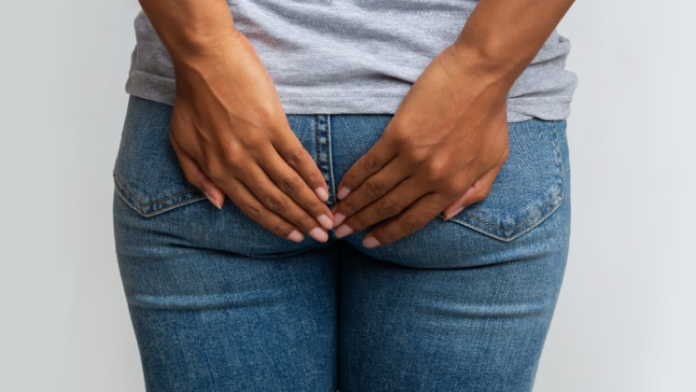Haemorrhoids are a common condition that affects many individuals. While they may not be a topic of conversation, it is important to understand how to keep them happy and prevent any discomfort or complications. One simple and effective way to do this is by incorporating extra fibre into your diet.
Fibre is known for its ability to promote healthy digestion and prevent constipation, which is a leading cause of haemorrhoids. By adding fibre to your daily routine, you can reduce the risk of hemorrhoidal bleeding by half. One popular fibre supplement is psyllium husk, which is available in powder or capsule form.
Psyllium husk is a natural source of fibre that can be easily incorporated into your diet. It is recommended to take a daily dose of anywhere from 10 grams to 30 grams, divided into morning and evening doses. This dosage can be adjusted based on your individual needs and tolerance.
[ The One Thing Sleep Doctors Never Ever Do In The Morning ]
When taking psyllium husk, it is important to follow the instructions provided on the packaging. It is typically recommended to mix the powder with water or another liquid and consume it immediately. If using capsules, they should be taken with a full glass of water to ensure proper absorption.
In addition to psyllium husk, other sources of fibre can be included in your diet. Fruits, vegetables, whole grains, and legumes are all excellent sources of fibre. By incorporating these foods into your meals, you can increase your fibre intake and promote healthy digestion.
It is important to note that while fibre can be beneficial for preventing haemorrhoids, it is also important to drink an adequate amount of water. Fibre absorbs water and helps to soften the stool, making it easier to pass. Without enough water, fibre can contribute to constipation and worsen haemorrhoid symptoms.
Aside from increasing your fibre intake, other lifestyle changes can help keep haemorrhoids happy. Regular exercise can improve circulation and prevent constipation. Avoiding sitting or standing for long periods can also reduce the risk of developing haemorrhoids.
If you are experiencing haemorrhoid symptoms, it is important to consult with a healthcare professional for an accurate diagnosis and appropriate treatment plan. They can guide managing symptoms and preventing future flare-ups.
Catch up with the latest news from The Times Post on WhatsApp by following our channel. Click here to join.


